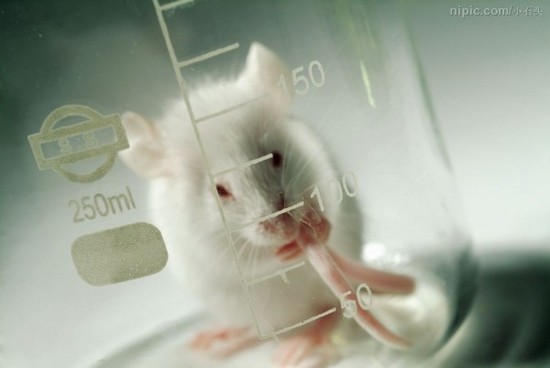
The quality of life is usually much better than before. The next problem is that more and more people are obese. For ordinary obese people, as long as they are determined to control their diet and strengthen exercise, they can usually achieve good results. However, especially in the United States, some obese people are seriously unwilling to use universal control methods, so they have to resort to surgery and prescription drugs. Most weight loss drugs currently in use have certain side effects, such as increased risk of cardiovascular disease and depression. To solve this problem, Cory Berkland of the University of Kansas and her colleagues are looking for new anti-obesity drugs. After long-term efforts, they finally synthesized a new compound that can effectively reduce the body's absorption of fat from food.

This new compound is called "micellar chelating agent polymer" or MSP. When
food is still broken down and digested in the intestines, it will quickly
capture and neutralize fat particles, thereby hindering the body's absorption.
It is excreted from the body through feces. In laboratory observations and
tests, the scientists selected experimental mice as experimental subjects, took
"micellar chelating polymer" and collected the excrement before and after for
comparison. As a result, it can be seen that the content of triglycerides (the
main oil in food) in the excrement after use is 9 to 10 times that of
conventional products. In addition, during the observation process, we also
found that there is no evidence that the body of the experimental mice will
actively absorb the compound, so even if the drug is used for a long time, we
believe that there is no side effect on the human body.
But this is just a guess. This research is still relatively preliminary and
far from meeting the requirements of human testing. Therefore, if you want a
good figure and don't want to be a super fat man, let us exercise directly.